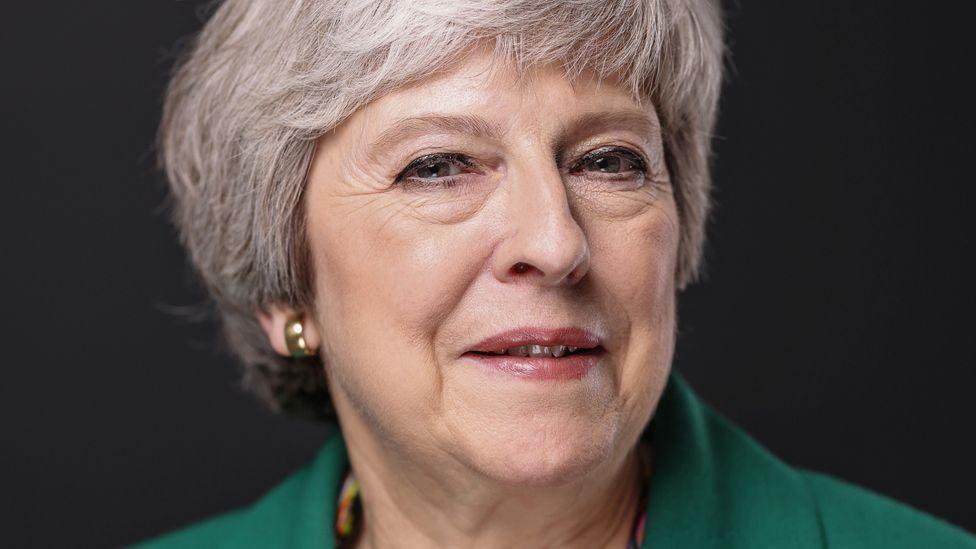Doctor 'gobsmacked' when spy's daughter woke up
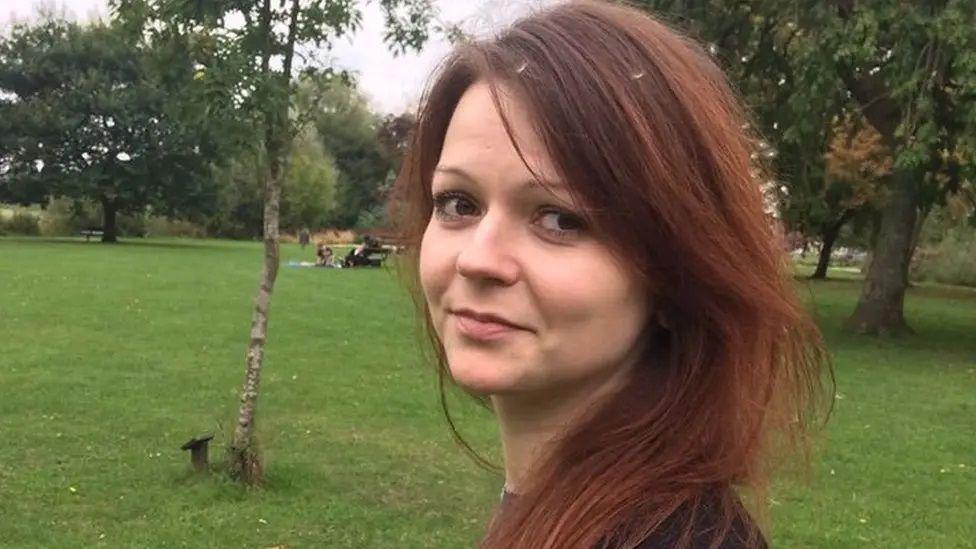
An inquiry has heard how Yulia Skripal was already deeply unconscious when she arrived at hospital
- Published
The first doctor to care for the poisoned daughter of a Russian spy thought he would never see her move again, an inquiry has heard.
Intensive care consultant at Salisbury District Hospital, Dr Stephen Cockroft, said he was alerted to Yulia Skripal's sudden consciousness by a nurse and had to "clutch" Ms Skripal's hands to stop her tearing out a drip when she woke from a coma.
Giving evidence at the Dawn Sturgess Inquiry Dr Cockroft said: "I was gobsmacked - this was a girl I never thought I would see move again."
Ms Skripal arrived at the hospital on 4 March 2018 in a deeply unconscious state, alongside her father Sergei Skripal, after they were poisoned with the nerve agent Novichock.
The pair had been found collapsed on a bench in Salisbury city centre.
Dr Cockroft said that after Ms Skripal woke he tried to ask if anyone had attacked them but "by that stage the sedation was beginning to take hold".
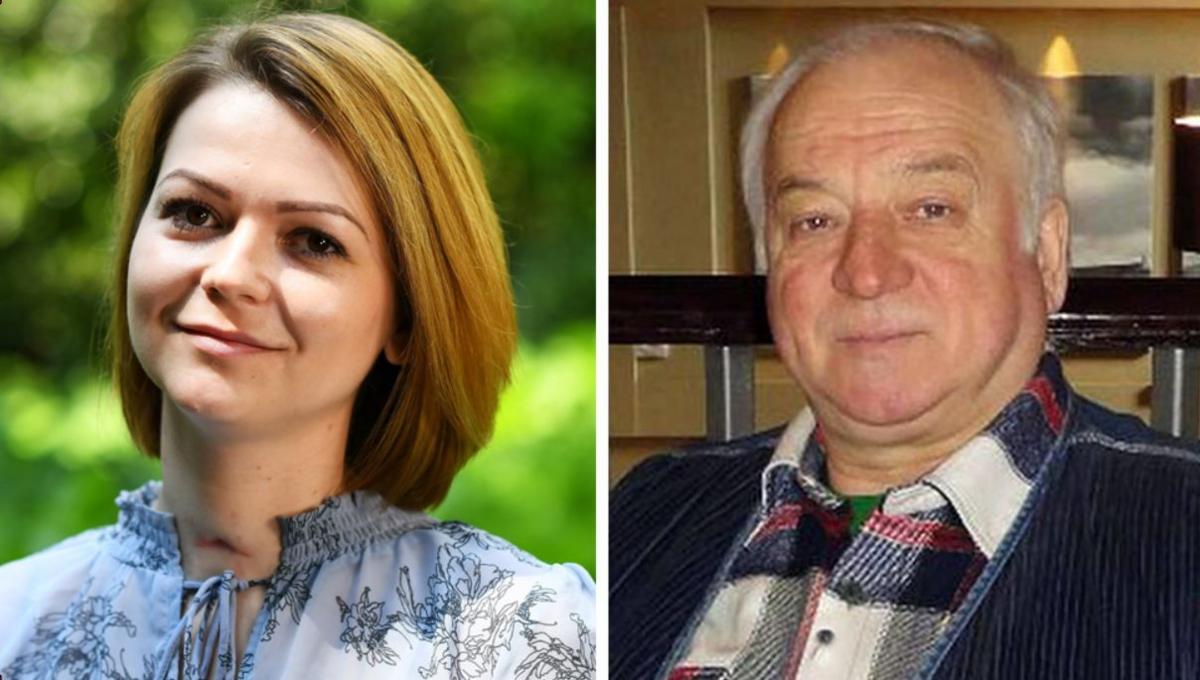
Yulia and Sergei Skripal were found slumped on a bench in central Salisbury on 4 March 2018
Dr Cockroft was speaking at an inquiry into the death of Dawn Sturgess, 44, from Wiltshire, who died from Novichock poisoning four months after the incident involving the Skripals.
Ms Sturgess was accidentally exposed to the nerve agent eight miles away in Amesbury and died on 8 July 2018.
He told the panel on Thursday that he had rushed into Ms Skripal's room and saw her getting out of bed while attached to a ventilator, a dialysis machine and had several drips in her neck administering fluids.
He added that he had "grabbed hold of her hands" as she was trying to pull at a catheter in a large vein.
"If she pulled that out she could have bled catastrophically," he said.
'Google Sergei Skripal, doctor'
Dr Cockroft also told the inquiry that he was told by a police officer to Google his patient's background.
"One of the police constables came up to me and said 'I think you should Google Sergei Skripal doctor, you’re not going to believe what I have just found out," he said.
Giving evidence on Wednesday Dr James Haslam, a fellow consultant in anaesthesia and intensive care medicine who took over the care of the Skripals, told the inquiry people had looked on the internet" to find out more about Mr Skripal.
Through this they discovered his past as a Russian spy, which he said "raised more suspicion" the incident was "a targeted potential assassination attempt".
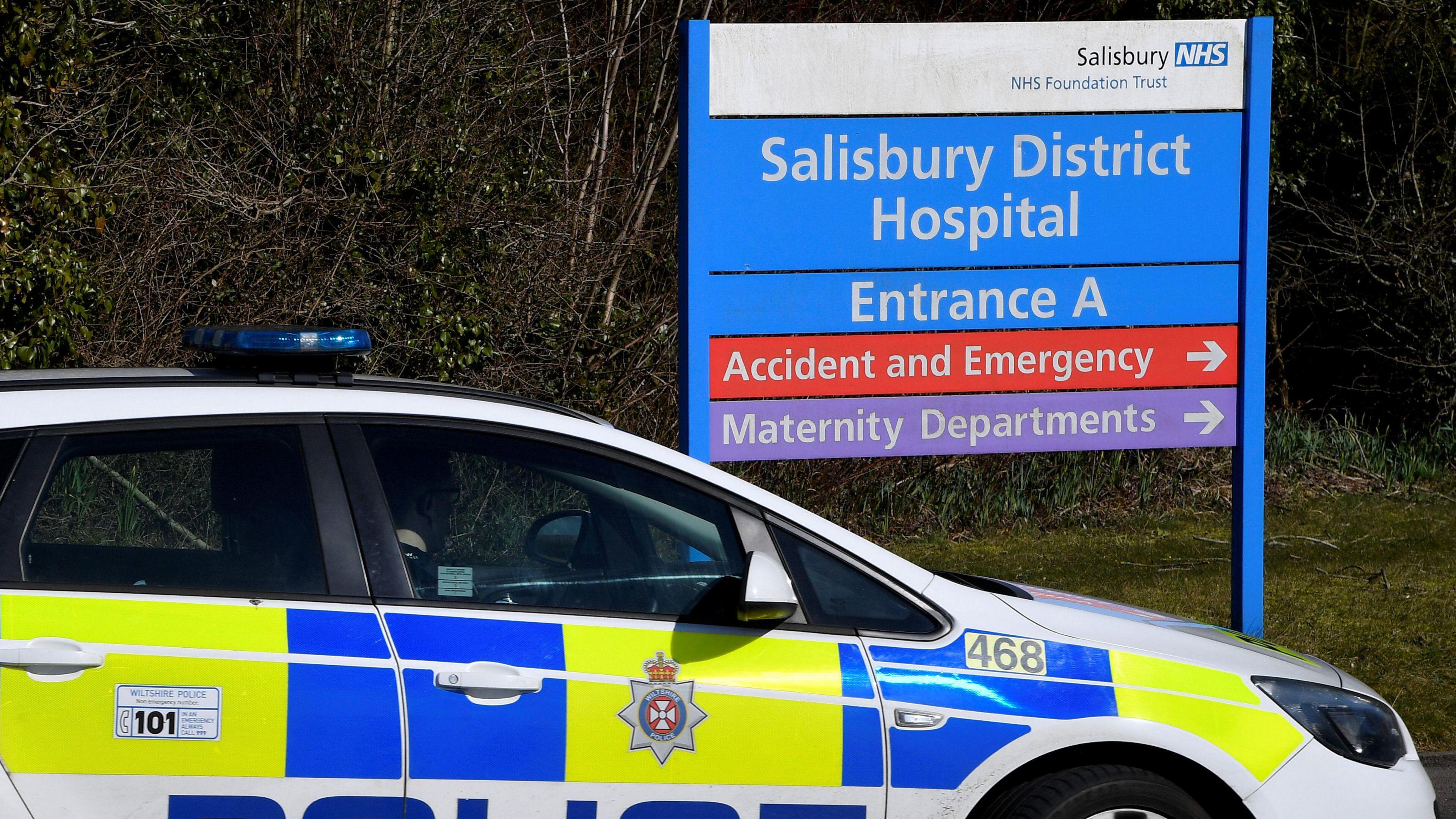
It was initially suspected the Skripals may have suffered an opiate overdose
The panel was told how the Skripals had initially been treated for an opioid overdose, but that both Dr Cockroft and Dr Haslam had quickly suspected poisoning.
Dr Cockroft said police had attended the ward in the early hours of 5 March, where it was agreed they were unlikely to be suffering from radiation poisoning and discussed a possible homicide or suicide attempt.
Asked if he would have considered a nerve agent, such as Novichok, he said: "That's a pretty wild thing to suddenly think of in Salisbury on the early hours of Monday morning."
With regards to the Skripal's presentation, Dr Cockroft said that he had "seen something similar many years earlier" but did not elaborate further.
Instead, he described considering the possibility of a "highly toxic synthetic opiate" such as carfentanyl, which has a potency "hundreds of thousands of times greater than fentanyl".
"It would definitely be an assassination attempt if one deployed carfentanyl," he said.
"It could have only one purpose and that’s to kill.”
He added that his knowledge of the substance stemmed back to the early 1990s, when he "maintained an unhealthy interest" in the use of the agents, citing suspected usage by foreign governments including Russia deploying it.
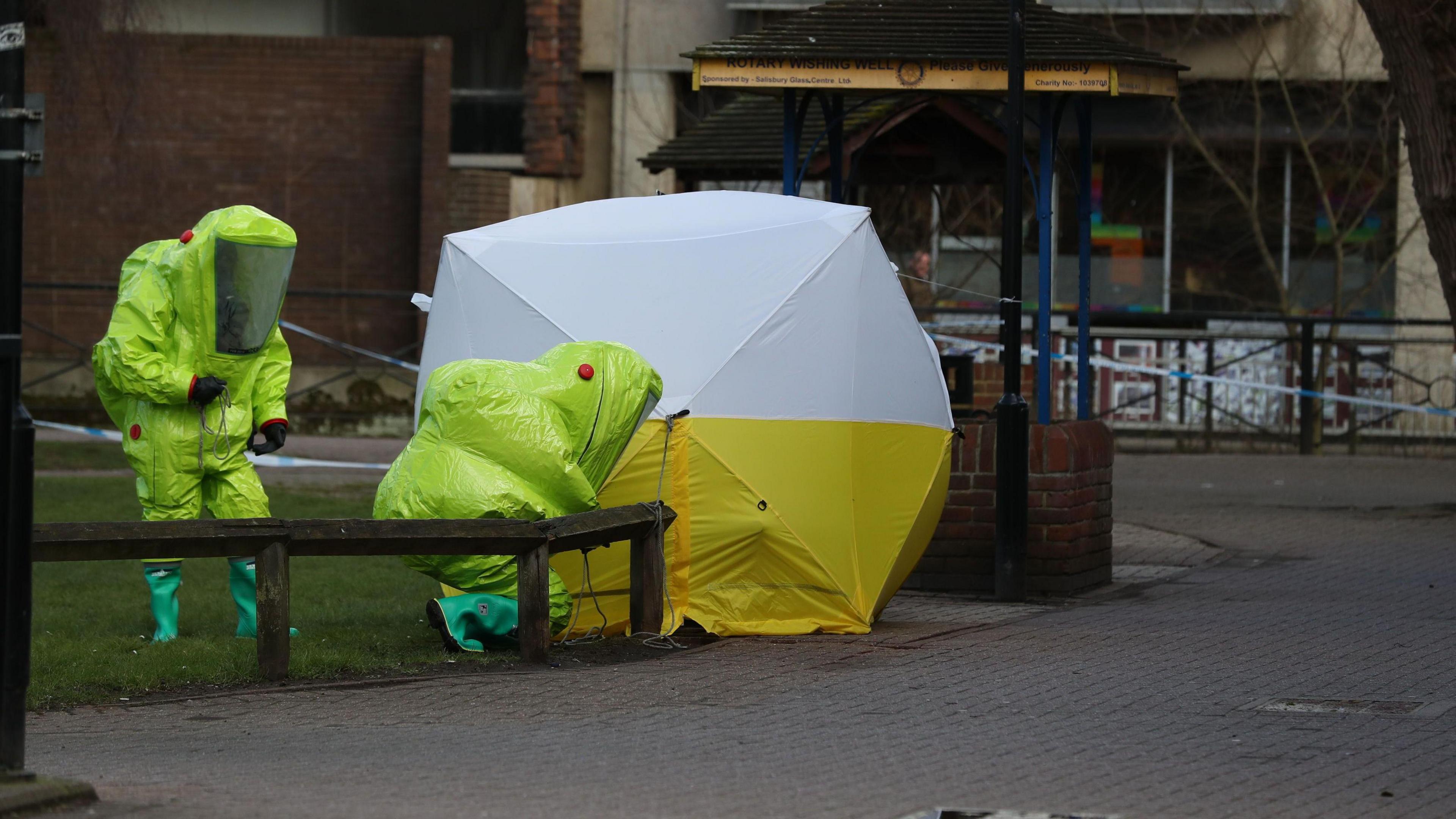
A yellow forensic tent was erected in 2018 where Sergei and Yulia Skripal were found in Salisbury city centre
Dr Haslam told the inquiry on Wednesday that the Skripals' symptoms were "too extreme" for "a normal presentation for recreational drug overdoses".
He had begun to suspect organophosphates - a group of chemicals including nerve agents such as Novichok - by Monday evening, after remembering what he had learned while "studying for lots of exams".
Describing the "extremely challenging" situation to the panel, Dr Haslam said both father and daughter were graded the lowest possible rating on the coma scale, with Ms Skripal in a worse condition.
"In order to keep them both alive it was essential to provide invasive, aggressive and intensive medical life support, without which they would have died," he said.
Describing how he had come to realise nerve agents may be involved, he said: "The symptoms had evolved over time and it wasn't feeling like an opioid toxicity to me by that stage.
"So from the back of my memory, from studying for lots of exams, I wondered about organophosphates and so I enquired about how to investigate for that.
"It was not something that I had ever treated before and not many people in the UK have."
He added that he had spent "most of Monday night" researching organophosphates.
The inquiry was told how the Skripals underwent testing for possible radiation poisoning but this possibility was ruled out after no material was found.
Talking about the wider impact on the community, Dr Haslam added that there was concern in the medical community "that there would be more casualties".
"That was one of our early, significant concerns because we wondered about whether we would have the resources to be able to manage many more patients," he said.

BBC Sounds: Salisbury Poisonings
Keep up to date with the latest from the inquiry with our podcast.
Listen to the episode on BBC Sounds.

Follow BBC Wiltshire on Facebook, external, X, external and Instagram, external. Send your story ideas to us on email or via WhatsApp on 0800 313 4630.
See also
- Published30 October 2024
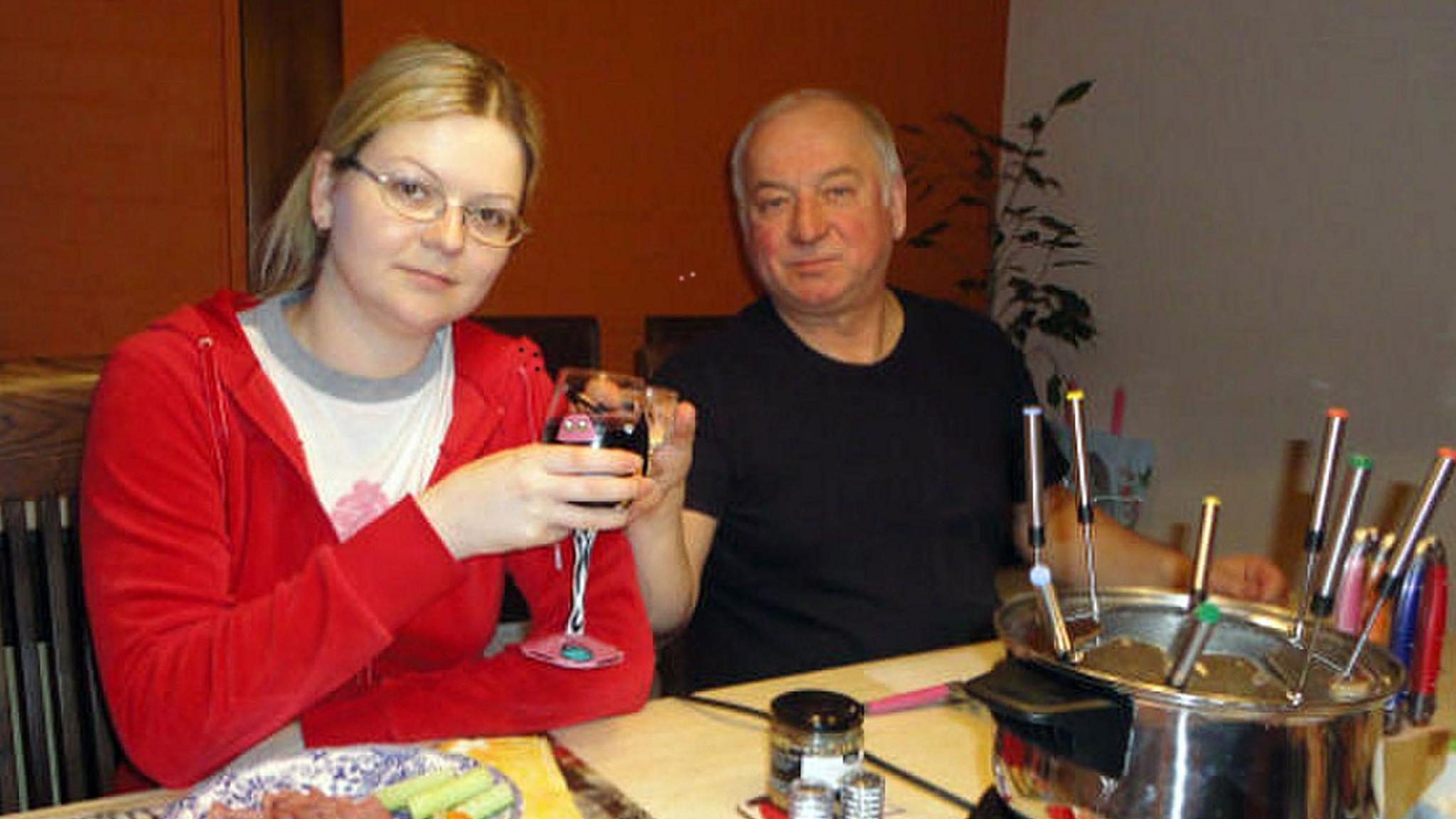
- Published29 October 2024
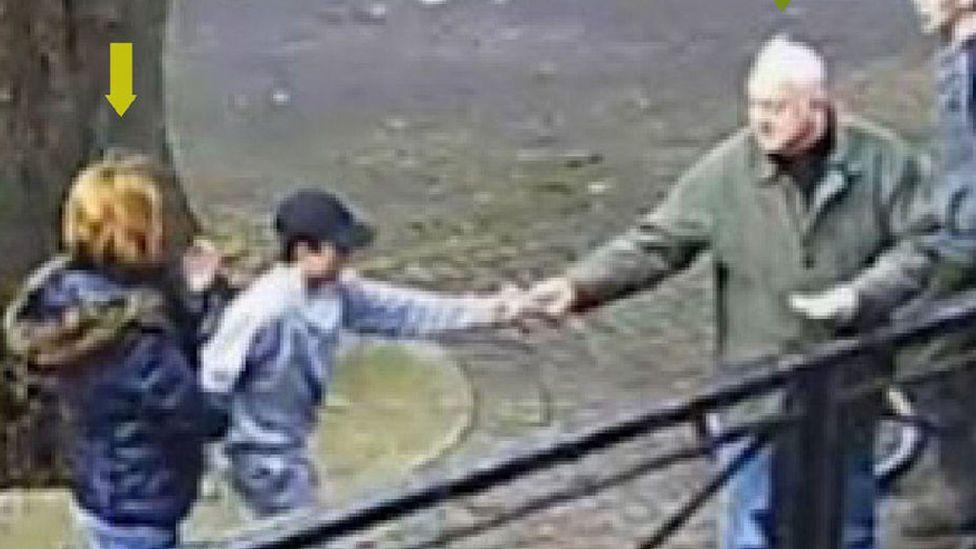
- Published28 October 2024
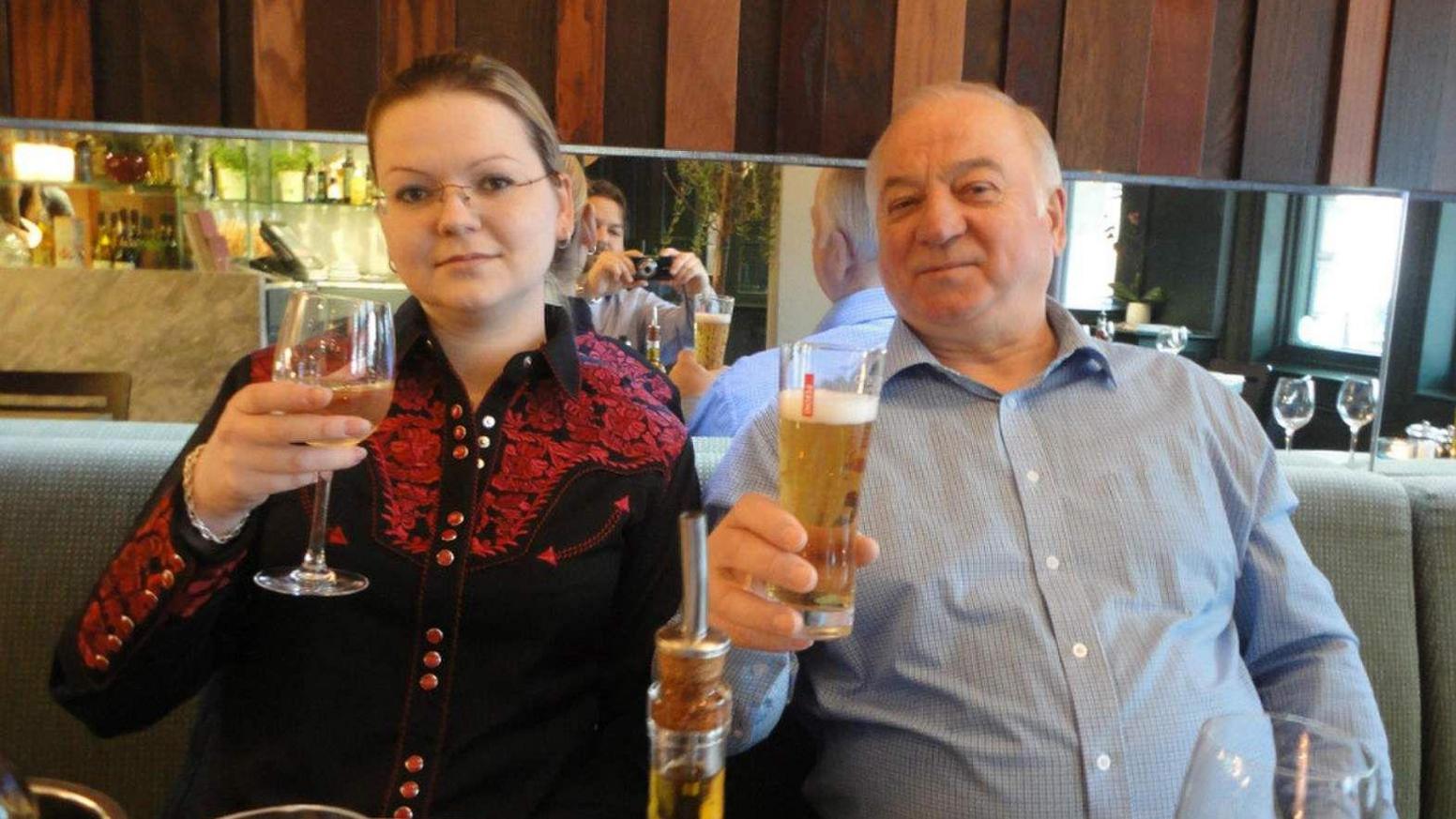
- Published11 October 2024
